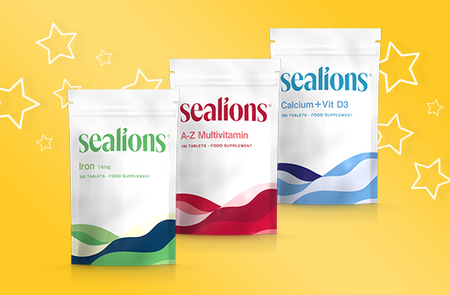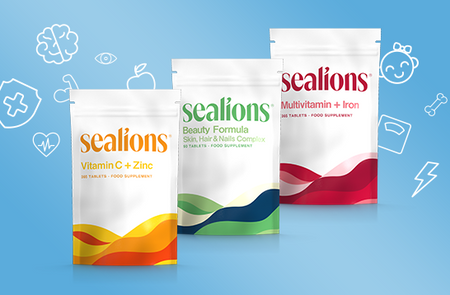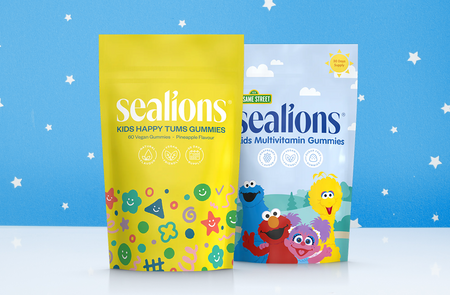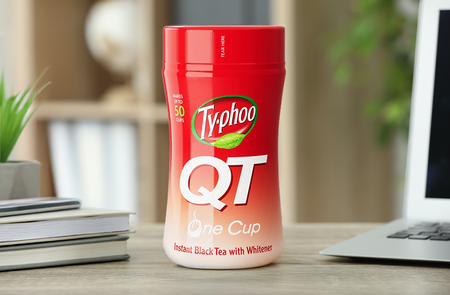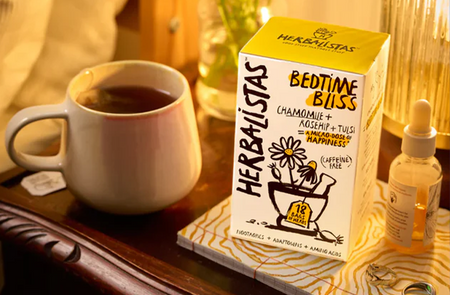
7 Ways To Keep Your Brain Active
When it comes to keeping your mind active and healthy, you may often have heard the phrase ‘use it or lose it’. As we age, our mental abilities tend to change, and you may find your memory and reaction time aren’t quite what they used to be. But how exactly can you use your brain, and other helpful tips and tricks, to keep yourself feeling sharp.
Brain training
Brain training, or cognitive training, is a commonly used way of exercising your brain! Whether it’s a daily crossword, reading, or playing puzzle games, the mental stimulation can help to keep your mind alert and fresh – plus, it can be fun too!
Exercise your body too
Research has shown that regular physical exercise can help to improve cognitive function thanks to increased blood flow and antioxidant levels, alongside improving your focus and concentration. It can also benefit your mental health, helping to reduce feelings of anxiety and releasing those all-important endorphins in your body!
Spend time outdoors
Taking the time to get out into nature has been found to have a positive impact on mental health, reducing feelings of stress and helping you to relax. However, there are also some other benefits to getting outdoors for your brain! Vitamin D is an essential nutrient which plays a vital role in supporting your brain functions, while increased oxygen can help to provide greater clarity to the brain.
Get enough sleep
Sleep is restorative and gives your body – including your brain – time to recover from the stresses of the day. For most adults, the optimum amount of sleep each night to support your cognitive functions is 7 hours. Getting enough sleep is essential for both your brain and your body and can enable you to concentrate better, process information more easily and think more clearly.
Socialise
Spending time with family and friends is good for the soul, and can improve your mental wellbeing, helping to reduce feelings of stress and anxiety thanks to the dopamine (also known as the ‘feel-good’ hormone) your body releases. Socialising also provides stimulation for your brain while allowing you to spend time with people you love, doing things you enjoy!
Follow a healthy and balanced diet
Eating a diet that is rich in nutrients from fruits and vegetables, and lower in fats can help to reduce the risk of a decline in your cognitive health. Research has indicated that people who follow a Mediterranean diet, where meals are built around vegetables, beans and grains, with high-fat foods included in moderation, have been found to be less likely to develop cognitive conditions like dementia.
Support your brain health with supplements
As we age, our absorption of nutrients can become less efficient than it may have been when we were younger, meaning we can often benefit from additional goodness from a supplement. Research has shown that people with mild cognitive impairment benefitted from supplementing their daily intake of B vitamins, with the benefits further enhanced in those who had a good intake of omega-3.
It can be normal for our thinking skills to show signs of decline as we age, but with some tips and tricks, you can help to keep your brain healthy and active.
Tagged:

